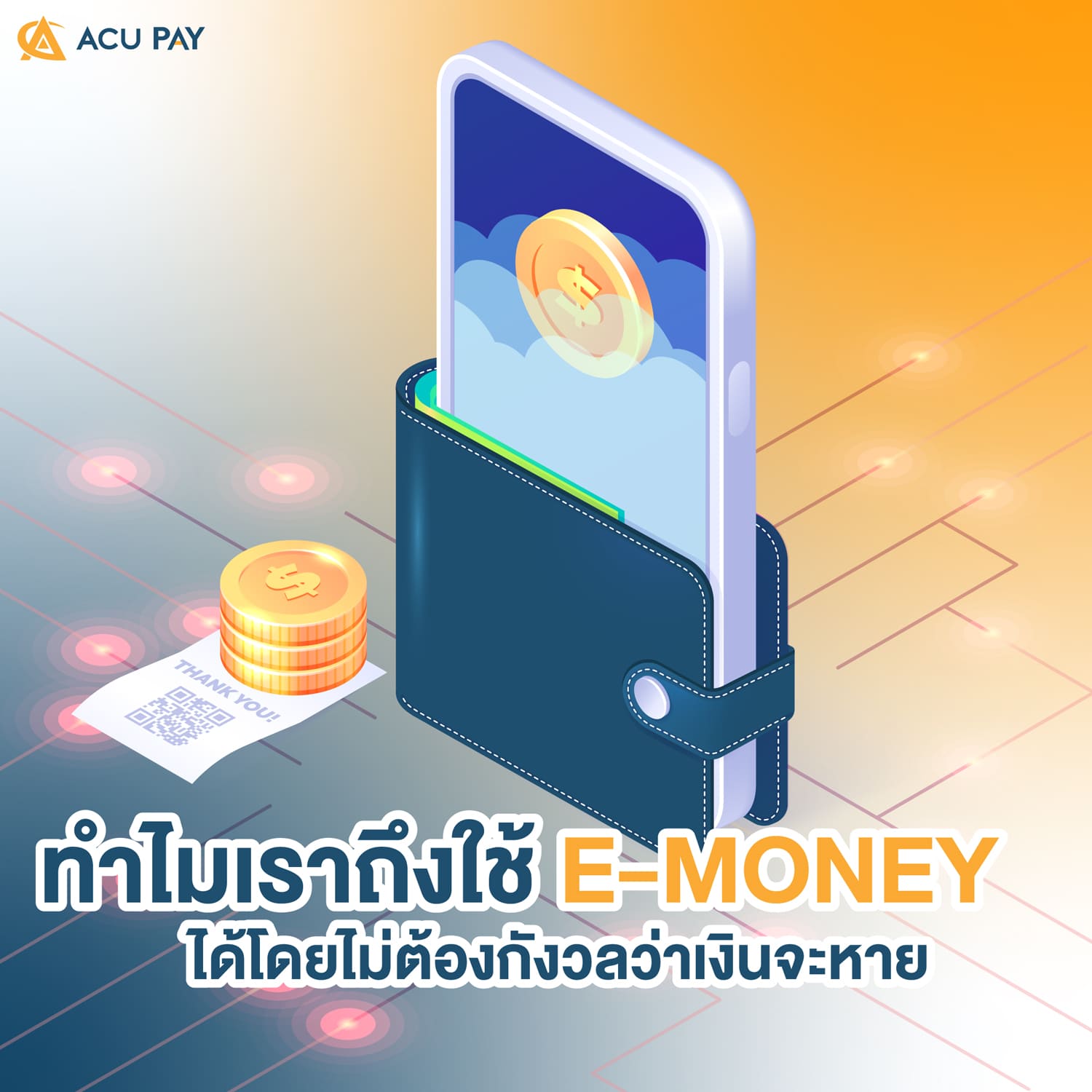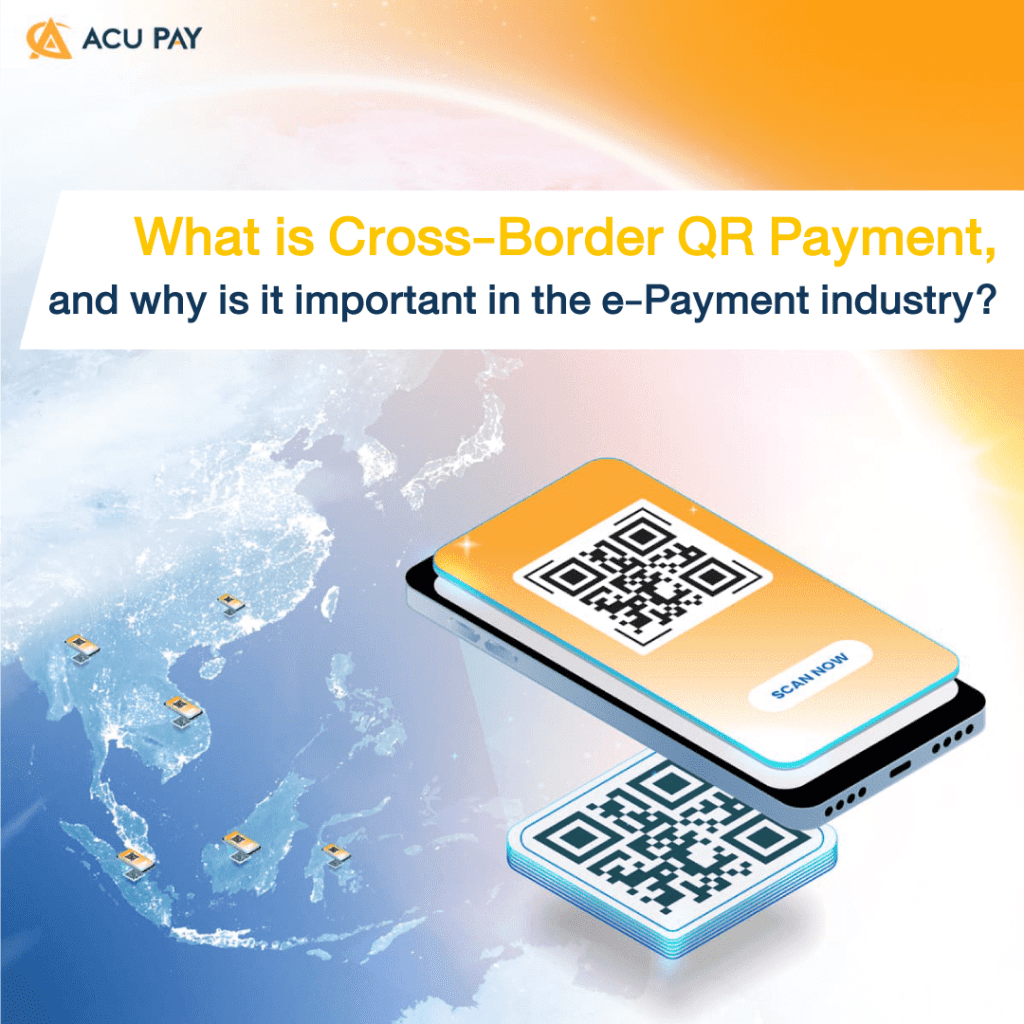

We already know that e-Payment is electronic payment via QR Code, but we can only use it in the country, not abroad. Thailand and ASEAN have recognized the gap and have implemented the ASEAN Payment Connectivity project to enable cross-border payments through mobile phones. In the first phase, Cross-Border QR Payment is one of the services that will allow us to make cross-border payments.
Cross-Border QR Payment is a service for tourists, businessman, and those who want to pay for goods and services to merchants abroad by scanning QR Codes via mobile banking, which started with Bangkok Bank, and other banks and financial institutions (non-bank) are preparing to serve. which in the first phase can be scanned to pay to merchants in Vietnam and Indonesia only by observing the following symbols:
Mrs. Pornnit Dunnvatanachit, Senior Executive Vice President, Bangkok Bank PCL, said that due to the epidemic situation of COVID-19, may still be a major constraint on travel or business trips. both domestic and international. So, the Cross-Border QR Payment service may meet the needs of specific groups such as Indonesians working in Thailand or Thai people working in Indonesia. including in the case of cross-border purchases via online systems. However, as the situation gets better, it is expected that regional travel and tourism will begin to recover, especially in major tourist cities or economic cities, and we believe that the Cross-Border QR Payment service will play an important role in supporting the recovery as it is in line with the New Normal behavior that reduces touching of things and turns to digital transactions.
According to the data from the Bank of Thailand, the QR Code payment service will help support international payment transactions. Especially when the situation returns to normal. Because in 2019, the number of tourists between Vietnam and Thailand reached 1.5 million. Users can use smartphones to pay for goods and services via QR codes, which will stimulate the economies of both countries and regions.
Using a mobile banking service from Bangkok Bank, scanning a QR Code, payment for goods and services from merchants abroad is safe by payment standards such as
No difference. But before debiting the account, the bank will convert the value of goods and services from foreign currency to Thai baht using the exchange rate in effect at the time of the transaction.
Source: Cross-Border QR Payment